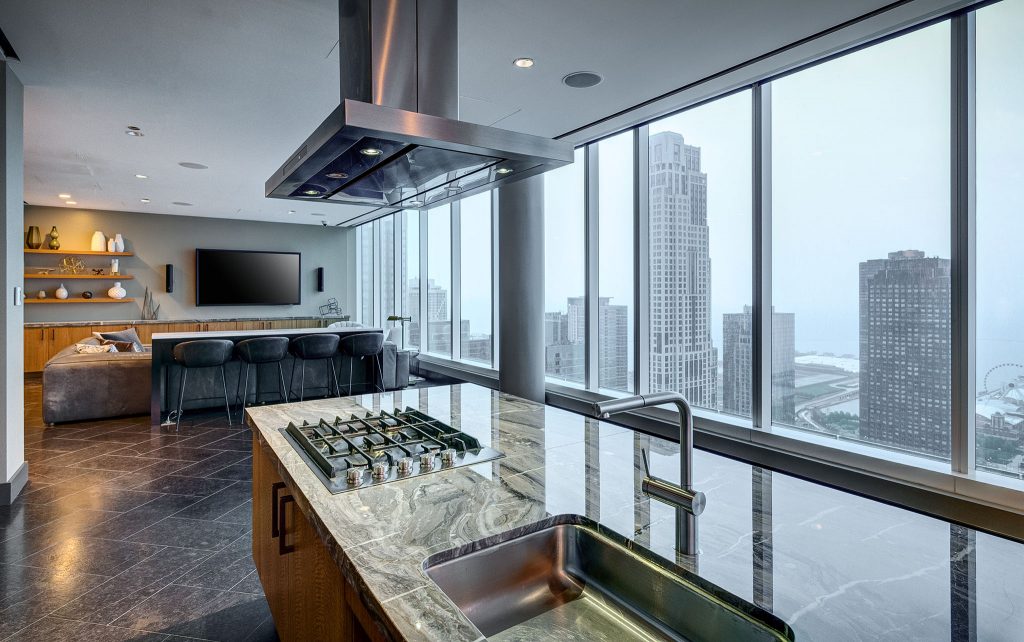Category: hotel units
Home-Sharing is Creating Value for Multifamily Property Managers

Home-sharing is a multi-billion dollar industry that is gaining momentum with unlikely allies: multifamily property managers. Traditionally, multifamily property managers have made cash off long-term leases and rent costs and prohibited home-sharing because they violated rules and regulations. But a report from the National Multifamily Housing Council (NMHC) estimated that about 65% of recent Airbnb bookings were in multifamily buildings, including apartments, condos and even in-development hotels. It also found that 43% of property managers have had short-term rentals occur without their approval. To legitimately meet the home-sharing demand, companies are bringing their innovations to multifamily property managers. Apartments Doubling as Hotels
Among the operational challenges that multifamily managers encounter is what to do during dry leasing periods. Enter companies like WhyHotel and Stay Alfred that take un-leased apartments and convert them into furnished, amenitized hotel units. This pop-up hotel model has been gaining traction. Zak Schwarzman, an investor in WhyHotel, told Forbes, “It’s no surprise that companies in this category with a clear value prop are receiving a warm reception from the multifamily community. WhyHotel offers developers significant newfound revenue by managing their yet-to-be-rented inventory as short-term hospitality during a building’s lease-up period. Who would say no to that?”
Stay Alfred focuses on market rate properties, providing a more upscale, short-term hospitality experience. In addition to furnishing empty units, the company rents them and staffs the buildings. Legitimate Short-Term Rentals
To eliminate the notion of black market short-term rentals, multifamily managers are taking a proactive approach to the leasee-turns-landlord problem. YOTELPAD in Miami became the first condo community to permit restriction-free short-term rentals. David Arditi, founding principal of Aria Development Group, the developer of YOTELPAD, told Forbes, “We’ve heard many stories of residential buildings having to deal with owners who are trying to skirt local legislation by renting out their units on a short-term basis. They are typically not allowed to do so given condominium association and zoning restrictions. We thought, why not do something that addresses this head on and gives people the option to do what they are asking for?”
Making life easier for multifamily property managers are companies like San Francisco-based Pillow, which provides the tools for property managers to control all short-term rental hosting in their buildings, as well as share in the revenue, ensure local regulatory compliance, and insure against damage.

NMHC/NAA Support
Multifamily home-sharing has the support of NMHC and the National Apartment Association, two of the most influential industry and advocacy organizations. “NMHC/NAA support the right of multifamily firms and other property owners to participate in all aspects of the sharing economy, if they so choose, and if it is done in full compliance with existing law and regulations,” according to an NMHC home-sharing fact sheet. The fact sheet emphasizes that the choice is ultimately up to multifamily property owners, but it encourages the practice as it creates additional revenue streams. “Policymakers at all levels wanting to regulate the short-term rental market should be cautious as to not inhibit the benefits of the sharing economy, while ensuring that the protection of private property rights and contractual obligations between property owners and residents are respected.”
What’s Next?
Multifamily home-sharing is more than a trend and will seemingly continue to evolve. We previously covered Airbnb’s entrée into the multifamily property manager partnership with its Niido brand, which launched its flagship property in Orlando. The program has been so successful that the company is expanding into Nashville with plans to open up to 14 more properties by 2020. This combined with the momentum of short-term rentals positions the home-sharing model to generate more cash and lower operational costs to reduced unit turnover and improved brand awareness for multifamily property managers.
